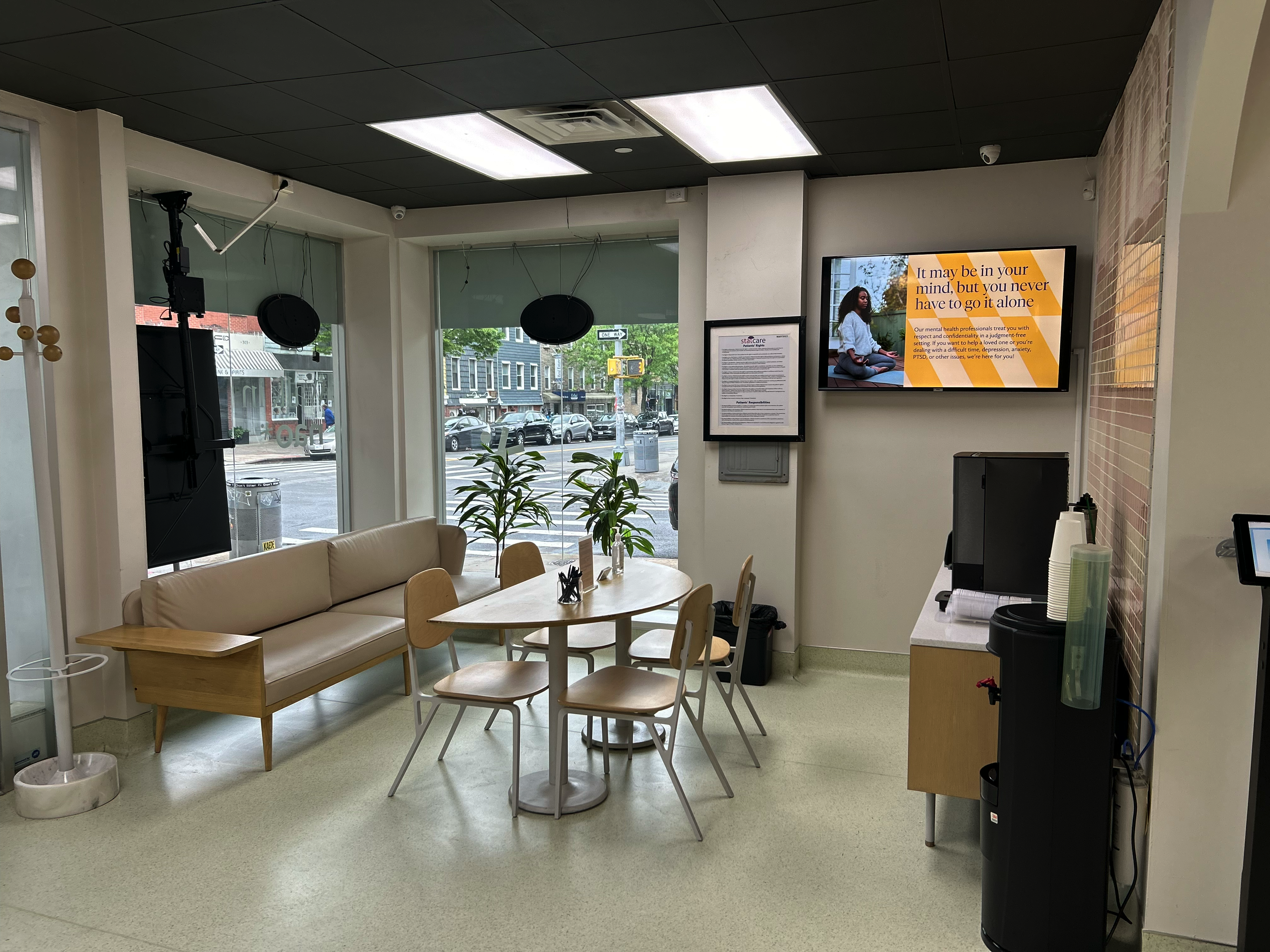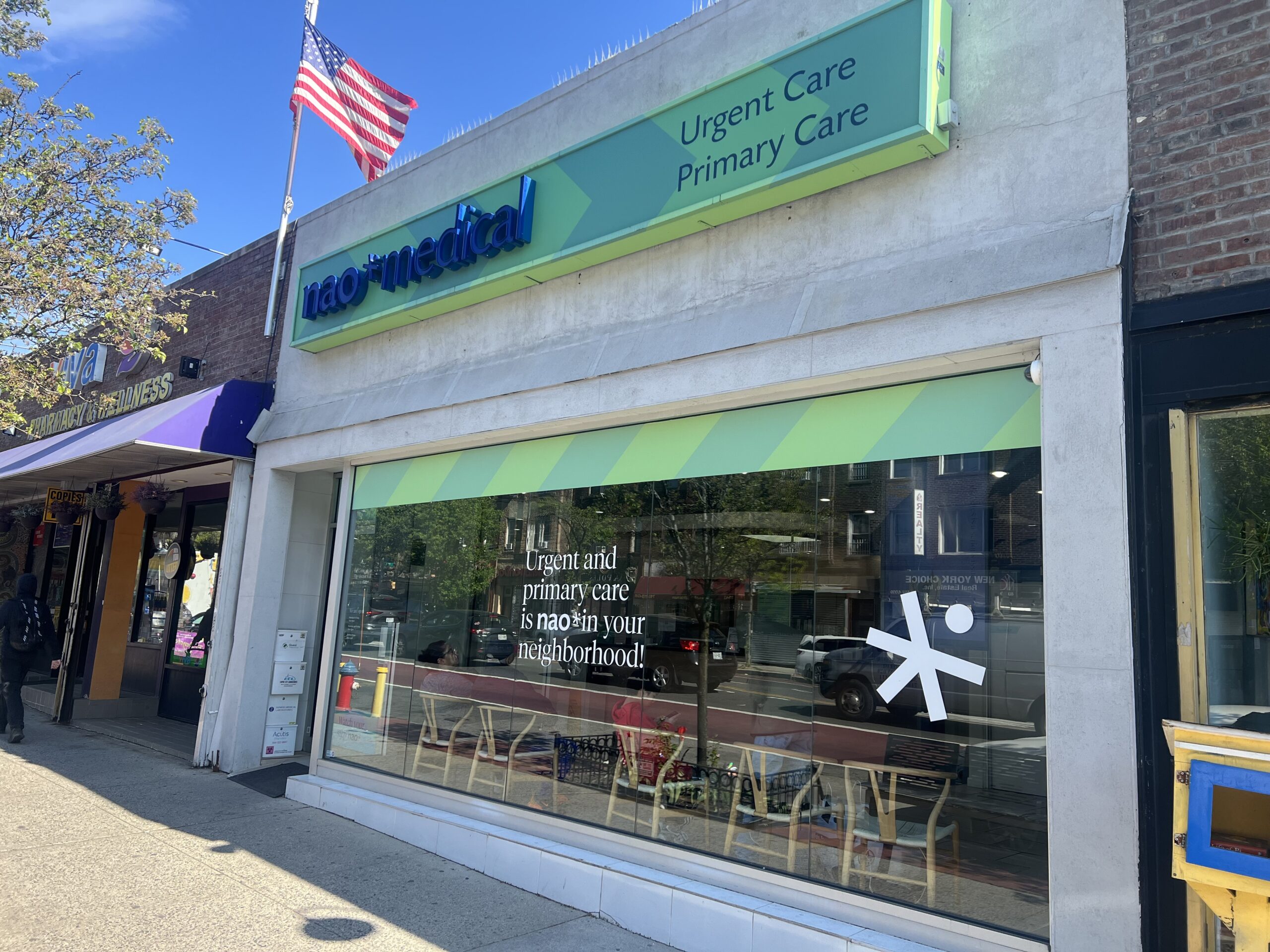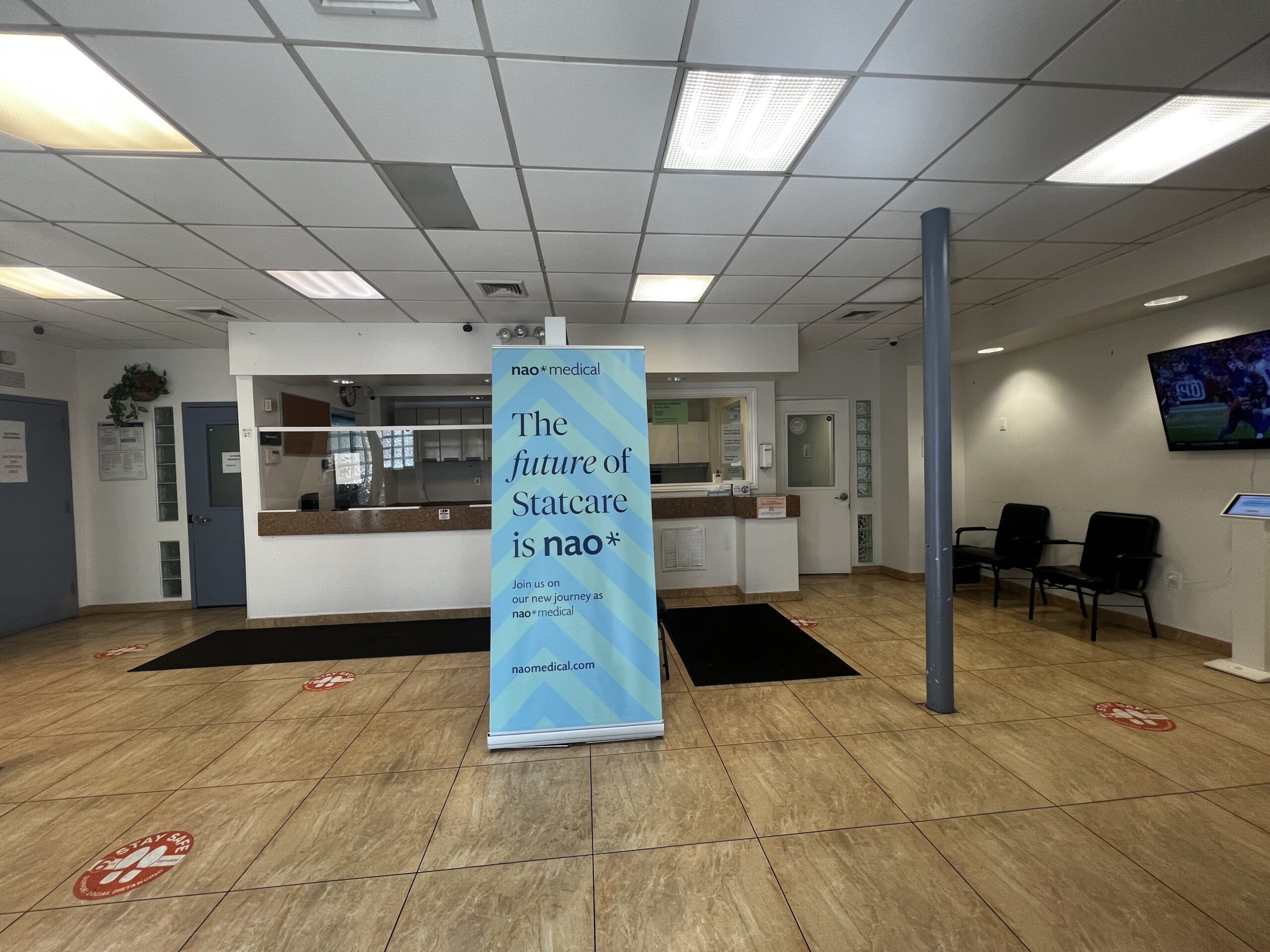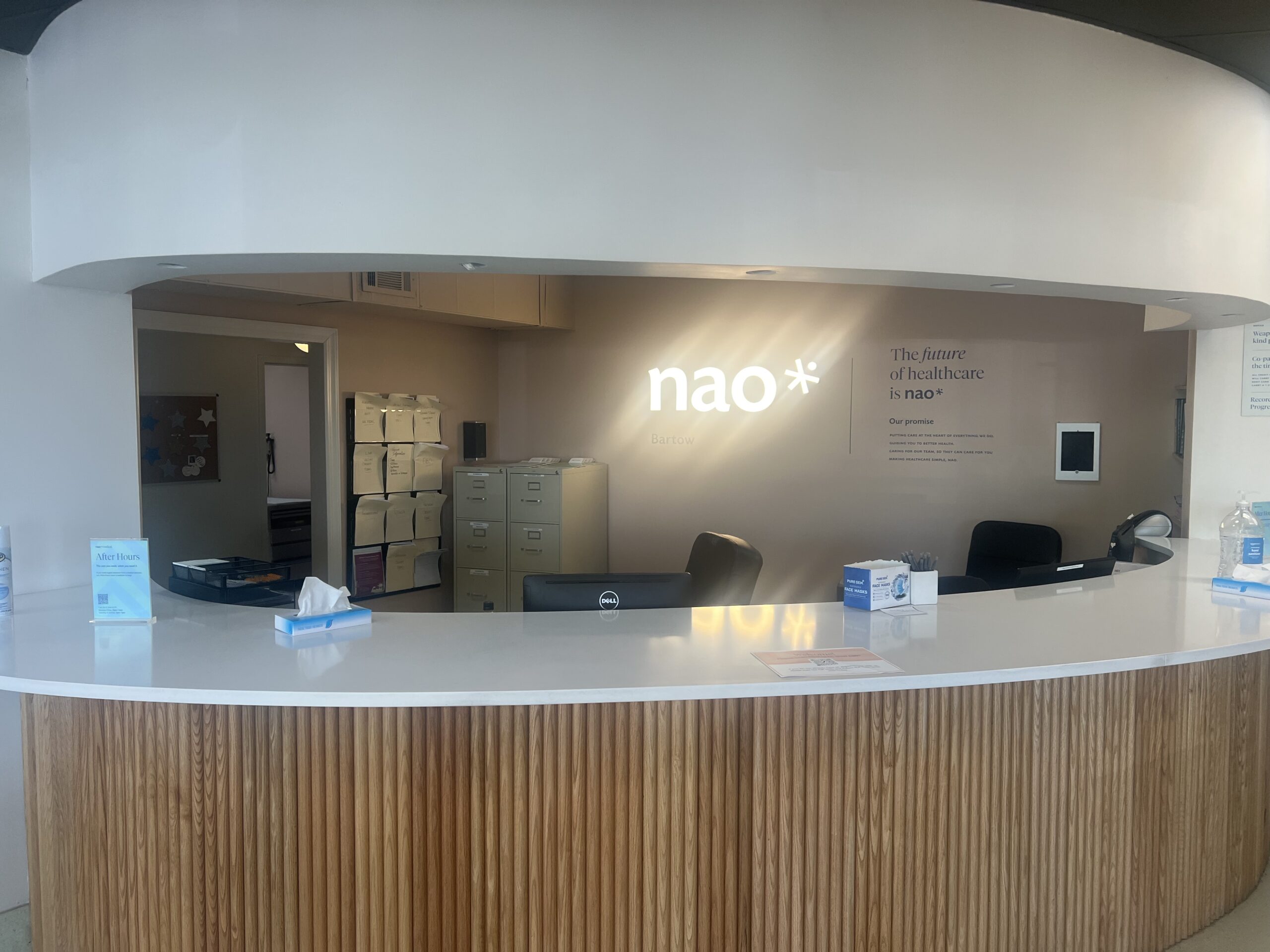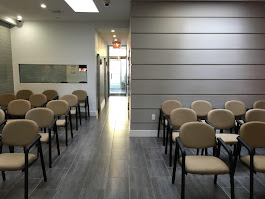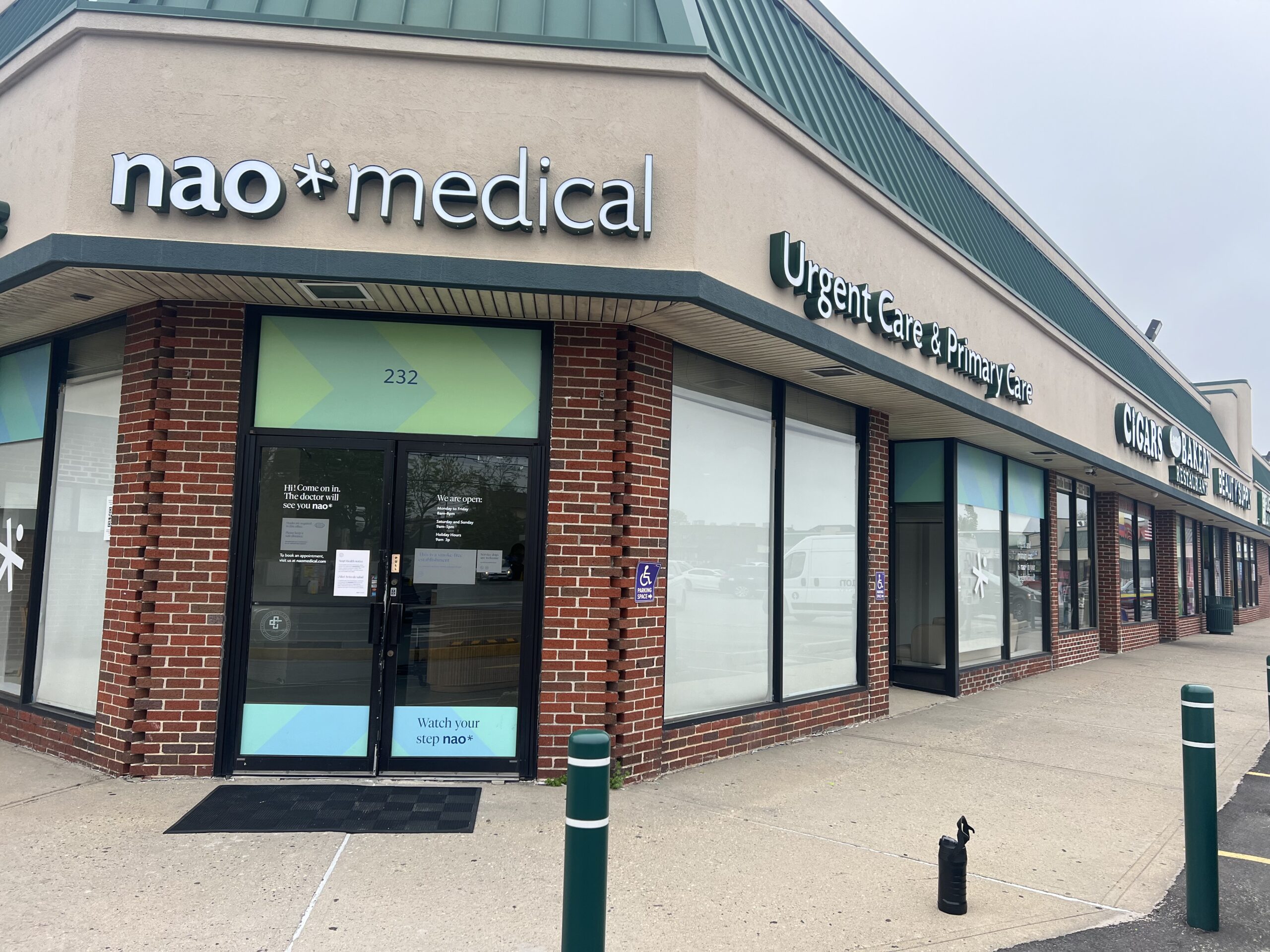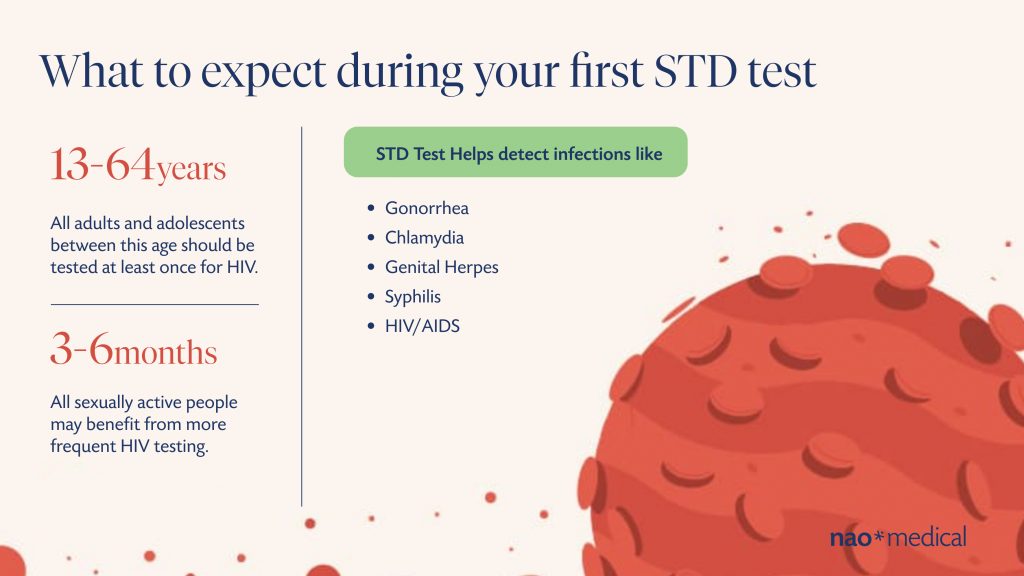
If you’re reading this, it’s likely that you or someone you know is considering getting STD testing for the first time. Maybe you’ve noticed some strange symptoms and want to get them checked out. Or maybe you just want peace of mind. Either way, STD testing can seem overwhelming and intimidating, especially for those who are getting tested for the first time.
STD testing may seem overwhelming and intimidating, especially for those who are getting tested for the first time. During the screening process, you may have to answer uncomfortable questions, share intimate details, or provide urine or blood samples. There’s no need to worry though – the entire process is confidential and your privacy will be protected. In this article, we’ll walk you through what you can expect so that you can go into your appointment feeling prepared and informed.
What is an STD test?
An STD test is a screening procedure that tests your body for the presence of sexually transmitted diseases. These tests can detect infections like gonorrhea, chlamydia, genital herpes, syphilis, and HIV/AIDS. There are different types of STD tests available depending on what you’re being screened for – some require blood samples or urine samples, while others involve swabbing your body in sensitive areas.
How are STD tests done?
The specific requirements for STD testing will vary depending on the disease you’re being screened for. However, most STD tests involve providing a urine or blood sample, and may also involve swabbing a sensitive area like your genitals or throat. Your STD test may be performed by a doctor, nurse, or other healthcare professional, and will likely involve answering some personal questions about your sexual history.
How soon is too soon for an STD test?
There is no set timeline for STD testing, as the timing depends on your risk factors and symptoms. However, many experts recommend getting tested if you’re sexually active, especially if you have a new partner or multiple partners. If you notice any strange symptoms such as pain or unusual discharge in your genital area, it’s best to get tested right away.
The Physical Exam for an STD
A physical exam may be required, during which your doctor will take a look at your genitals and anus for any sores, rashes, discharge, or other signs of irritation. Other tests include a urine sample, a saliva sample, or a discharge sample. In a discharge test, your doctor will swab from your genitals, anus, or throat to test for sexually transmitted infections.
What should I do before STD testing?
There are a few things you can do to prepare for STD testing. First and foremost, it’s important to try and stay calm during the screening process. Remember that STD testing is confidential, which means that your privacy will be protected and any information you share with your doctor will not be shared with anyone else. You may also want to bring a trusted friend or family member with you to your appointment, in case you need moral support.
It is also important to take a moment to reflect on the last several months when you’ve been sexually active and making a note about any symptoms you may have experienced can help to narrow down the type of STD you may be dealing with.
It helps to take note of:
- When your symptoms appeared
- Where they were located on your body
- How your symptoms felt
- What your symptoms looked like
- How long the symptoms lasted
This can make it easier for your doctor or other healthcare provider to recommend the correct treatment options, as well as give you some peace of mind throughout the testing process.
Are you supposed to fast before STD testing?
There is no specific requirement for fasting before STD testing, as there are many different types of STD tests that may be performed. However, it is generally a good idea to avoid eating large meals or drinking excessive amounts of caffeine in the hours leading up to your STD screening. This can help ensure accurate test results and an overall more comfortable testing experience.
What should you not do before an STD test?
There are a few things you should avoid doing before STD testing, as they can affect the accuracy of your test results. These include engaging in unprotected sexual activity, drinking alcohol or using recreational drugs, and taking certain medications that may interfere with the screening process. You should also make sure to avoid douching or using vaginal creams in the days leading up to your STD test, as these can alter your natural vaginal pH and make it more difficult to detect any signs of infection.
Which STD tests should I get?
To help you figure out which STD test is right for you, the Centers for Disease Control and Prevention recommends the following:
- All adults and adolescents from ages 13 to 64 should be tested at least once for HIV.
- All sexually active women younger than 25 years should be tested for gonorrhea and chlamydia every year. Women 25 years and older with risk factors such as new or multiple sex partners or a sex partner who has an STD should also be tested for gonorrhea and chlamydia every year.
- Everyone who is pregnant should be tested for syphilis, HIV, hepatitis B, and hepatitis C starting early in pregnancy. Those at risk for infection should also be tested for chlamydia and gonorrhea starting early in pregnancy. Repeat testing may be needed in some cases.
- All sexually active gay, bisexual, and other men who have sex with men should be tested:
- At least once a year for syphilis, chlamydia, and gonorrhea. Those who have multiple or anonymous partners should be tested more frequently (e.g., every 3 to 6 months).
- At least once a year for HIV and may benefit from more frequent HIV testing (e.g., every 3 to 6 months).
- At least once a year for hepatitis C, if living with HIV.
- Anyone who engages in sexual behaviors that could place them at risk for infection or shares injection drug equipment should get tested for HIV at least once a year.
- People who have had oral or anal sex should talk with their healthcare provider about throat and rectal testing options.
How long do STD tests take?
Testing for STDs is quick, easy, and typically painless. Depending on which tests you need, the results can typically be available within a few days or weeks. Some rapid HIV testing options are even able to provide results in as little as 20 minutes. However, it is important to remember that some longer-term STDs, such as herpes or HPV, may not show up on a test right away and may require follow-up testing to confirm a diagnosis.
If you are experiencing any symptoms that may be associated with an STD, it is important to talk to your healthcare provider as soon as possible and get tested right away. With the right treatment, many STDs can be easily managed and even cured.
What happens in STD screenings?
STD screenings generally involve a physical examination and blood or urine tests to check for any signs of infection. During the exam, your healthcare provider will ask about your medical history, including any recent sexual partners or other risk factors that may be associated with STDs. They may also perform a pelvic exam to look for any abnormalities in your vagina or cervix, as well as swab your vagina, cervix, throat, or rectum to test for bacterial infections.
What STD can be detected by urine test?
There are two sexually transmitted diseases that can be detected with a urine test: chlamydia and gonorrhea. These bacterial infections are usually easily treated with antibiotics, but can cause serious health complications if left untreated. If you suspect that you may have been exposed to either chlamydia or gonorrhea, it is important to get tested as soon as possible. Your healthcare provider will be able to recommend the best testing regimen and treatment options for your specific situation.
How often should you get STD tested?
The frequency with which you should get tested for STDs depends on your individual risk factors and sexual behaviors. Most experts recommend that all sexually active adults get tested at least once a year, as well as any time they have a new or multiple sex partners. However, some individuals may benefit from more frequent testing, such as every 3 to 6 months, particularly if they have multiple or anonymous partners. It is important to talk to your healthcare provider about your specific situation and determine the best testing schedule for you.
How much is an STD test?
How much an STD test costs depends on the type of tests you take. Many insurance plans will cover at least some of the cost of STD screening and many clinics like Nao Medical offer low-cost testing. You can also go to the nearest Planned Parenthood clinic or public health care clinics run by the Department of Health for people who do not have health insurance. To find out more about your testing options and costs, talk to your healthcare provider today.
How do you read STD results?
STD test results are typically reported as either positive (meaning you have an infection) or negative (meaning you do not). Some STDs, such as HIV and herpes, can take longer to show up on a test and require follow-up testing to confirm the diagnosis. If your STD test comes back positive, it is important to talk to your healthcare provider about the best treatment options for your situation and how to prevent further spread of the infection.
What happens if STD results are positive?
STD testing results are usually communicated to you in one of two ways: via a clinic visit or by phone. If your test is positive for an infection, your healthcare provider will review your individual situation and recommend any necessary treatment options. They may also discuss prevention strategies, such as using condoms or engaging in safer sex practices with your partner. It is important to remember that many STDs, such as herpes and HPV, cannot be cured but can often be managed effectively with the right treatment plan. So if you test positive for an STD, it is important not to let that discourage you from taking care of yourself and your sexual health.
Does urgent care do STD testing?
Yes, many urgent care clinics like Nao Medical offer STD testing and treatment services. This can be a convenient option for those who need quick access to testing or who do not have health insurance. To find an urgent care clinic near you that provides STD testing services, check with your local health department or online directory of medical providers in your area.
Should I make an appointment or go to a walk-in STD clinic near me?
The answer to this question will depend on your specific situation. If you want comprehensive answers about your sexual health, you should book an appointment with the STD clinic rather than just walking in. Doing this will give you time to prepare and write down questions. That way, you’ll leave your appointment feeling great about your sexual health. Some clinics, including Nao Medical, also offer walk-in services for those who need urgent testing or treatment.
Does insurance cover STD testing?
The answer to this question will depend on your individual insurance plan. Some plans do cover at least some of the cost of STD testing, while others may not offer any coverage at all. If you are concerned about costs or need more information about coverage options, speak with your healthcare provider or insurance company directly. They can help you understand what services are covered under your plan and how to access them.
STD Testing locations near me
If you are looking for STD testing locations near you, there are many options to choose from. You can check with your local health department, Planned Parenthood clinic, or online directory of medical providers to find a clinic that offers convenient and affordable services. Whatever option you choose, it is important to make sure that the facility is reputable and has qualified staff who can provide you with accurate and confidential testing results.
Schedule your first STD test with Nao Medical today!
Your sexual health is important—and at Nao Medical, we’re here to help you protect it. Whether you’re coming in for your first STD test or you’ve been getting tested regularly for years, we’ll provide the high-quality care and respect that you deserve. At our urgent care clinics, we provide comprehensive STD testing, prevention, and treatment. So schedule an appointment or visit a Nao Medical location near you today!
 (917) 310-3371
(917) 310-3371
